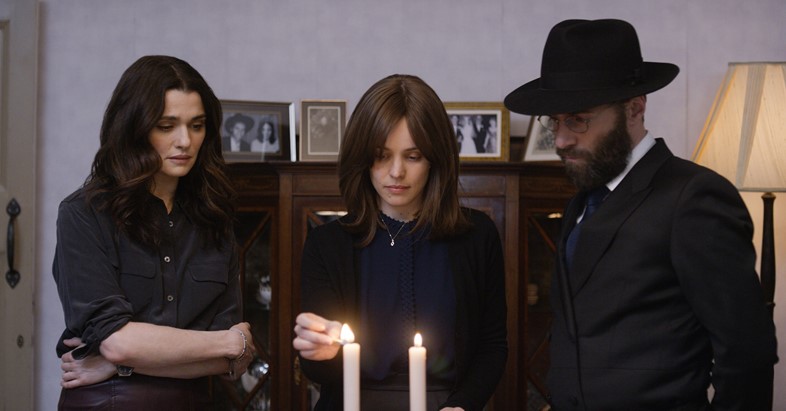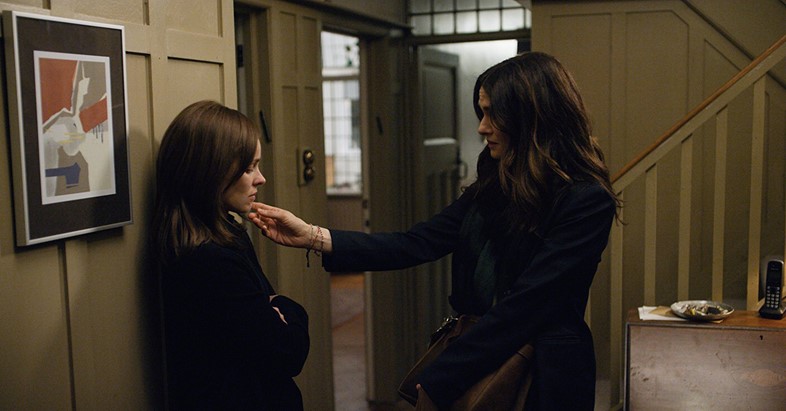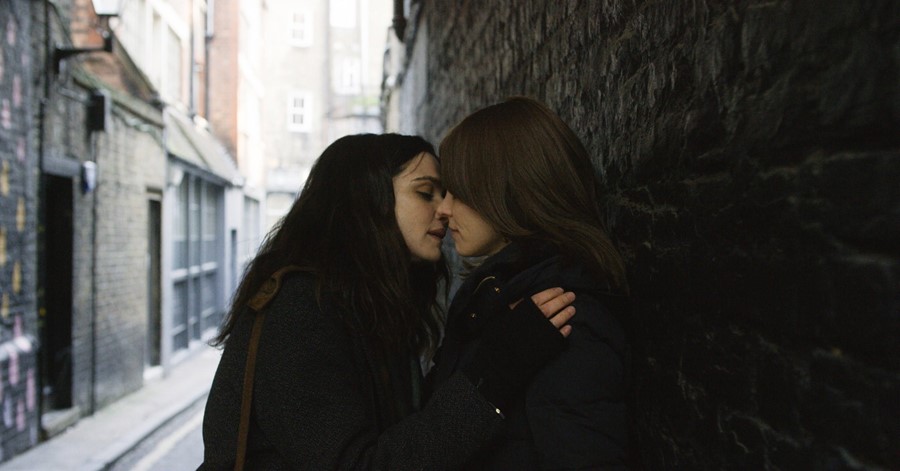Acclaimed director Sebastián Lelio’s new film, Disobedience, focusses on a forbidden relationship between two women in an Orthodox community in London. Here, he tells us how he got a glimpse inside this closed-off world
Take a look at any of Sebastián Lelio’s recent films and one thing becomes abundantly clear – the Chilean director has a particular knack for telling thoughtful stories, anchored by complex, compelling, assertive women. Perhaps best-known for his Academy Award-winning A Fantastic Woman (Una Mujer Fantástica) – which sees Marina Vidal fight for an acknowledgement of her humanity and her grief after the death of her long-time lover Orlando – his latest feature pushes that sensibility a step further. Disobedience, based on the best-selling novel of the same name by Naomi Alderman, follows Ronit (Rachel Weisz) as she returns home to the Orthodox Jewish community where she grew up, in preparation for her father’s funeral. There, she reconnects with old childhood friends, Dovid (Alessandro Nivola) and Esti (Rachel McAdams), reigniting a relationship that pushes the boundaries of faith and sexuality. With its focus on these three friends, their history, how they challenge one another, and in the process, themselves, Lelio elevates the story to what he defines as “a Baroque piece where you have three narrative lines which are mixing all the time”.

Neither British, nor Jewish, Lelio was keen not to portray the Orthodox community as the antagonist. “That would have been too easy. Every human community has its light and shadows, that’s normal. That happens even within every individual. It’s not about the community being the bad guys, it’s more complex than that.” He was careful too, to make sure the rituals and idiosyncrasies of Orthodox Judaism were depicted accurately. “During the writing process we had four allies inside this particular community in north London. We called them every day – except Fridays! – with questions. That number increased whilst we were shooting so that everyone in the team had someone they could ask questions to. It’s such a specific world, it’s so detailed, with such a rich cultural texture. We really wanted to capture it in all its density. We wanted to capture the texture of daily life so we could focus on the journey of the characters.”
Having worked to create an honest and authentic setting for his story, Lelio wanted the film to focus on the universal sense of struggle that permeates Alderman’s narrative. “They’re facing a dilemma, the situation is forcing them to make choices and I really love when that happens in storytelling. It squeezes the character and makes them realise what they are made of – do they disintegrate? Or do they evolve?” Neither exclusively Ronit’s, nor Esti’s, nor Dovid’s story, Disobedience constantly reframes itself through the eyes of its three central characters, turning gradually to consider the same dilemma from three different perspectives, as if viewed through a prism. What results is a deeply touching examination of the needs of the individual, versus the role of an individual within the wider community. “All of them have aspects that you can empathise with, and which you can reject. They encompass enough to be loved and rejected by each spectator. Some aspects you will like, and some you’ll feel more distant from.”

This tension, between the needs of the self and the demands of the community is fundamental to the disobedience that gives the film its title. “That was one of the aspects which really attracted me. In one way or another I have dealt with this in all my films. There is a duty to disobey – the characters cannot move onto the next level of understanding, of evolution, without it. Not only must they disobey the rules or conventions of society, but more importantly they must rethink the way they have understood the world to be, to transcend that. That’s the centre of this film.”
If this universal drive to disobey is what propels the story forward, then Ronit and Esti’s illicit sexual awakening momentarily stops it in its tracks. Without nudity or voyeurism, Lelio creates a long, slow moment of tenderness for two women struggling under the weight of their shared obligations. “It made me think a lot about representations of sex, particularly in the era of porn and how we’re becoming numb to the human body. We’ve all seen it all. I’m not being moralistic, I’m just stating facts, we are reaching a very special moment in culture where eroticism has been affected by what’s going on with porn. I thought about how to make an erotic scene for today, without relying on nudity. It’s erotic because it’s about what’s happening within. It’s about desire, and how desire is a reflection of a deeper spiritual representation of what the characters are going through. It becomes urgent and transforming and painful, it’s not only mechanical, you know? That’s why the scene is long, it’s like the heart of the film.”
Disobedience is in cinemas nationwide from November 30, 2018.
